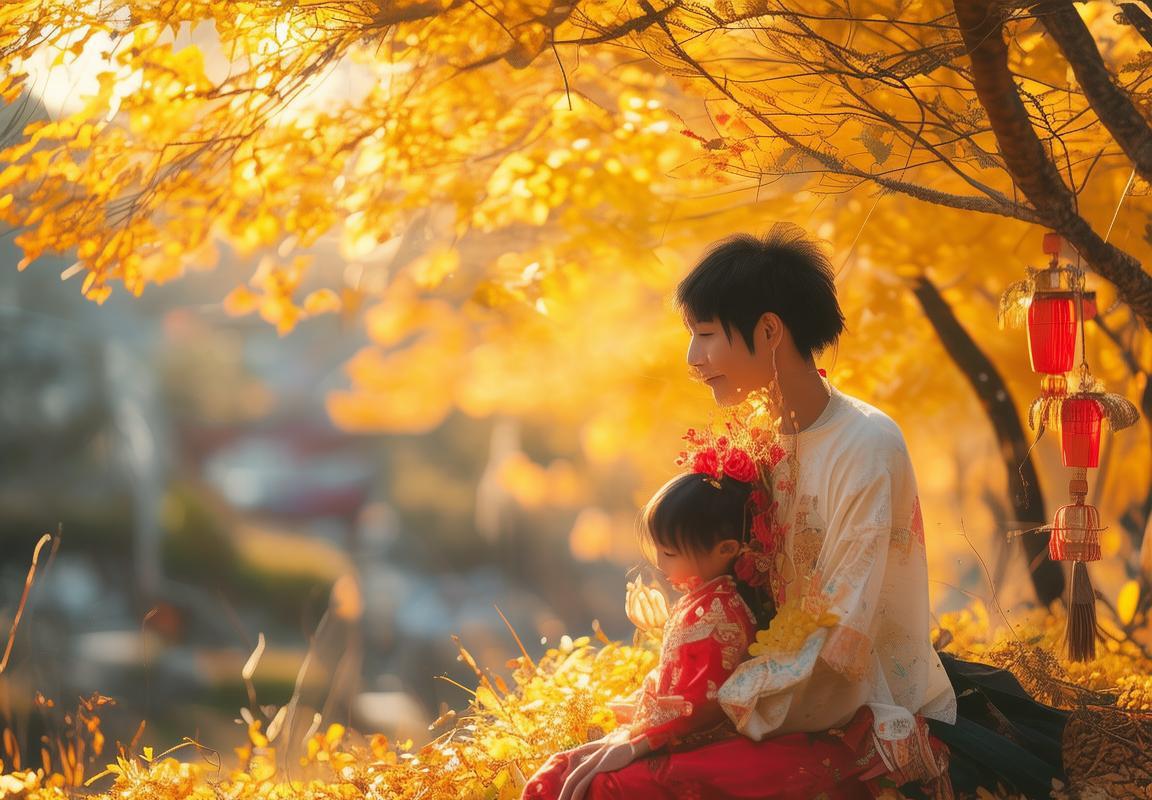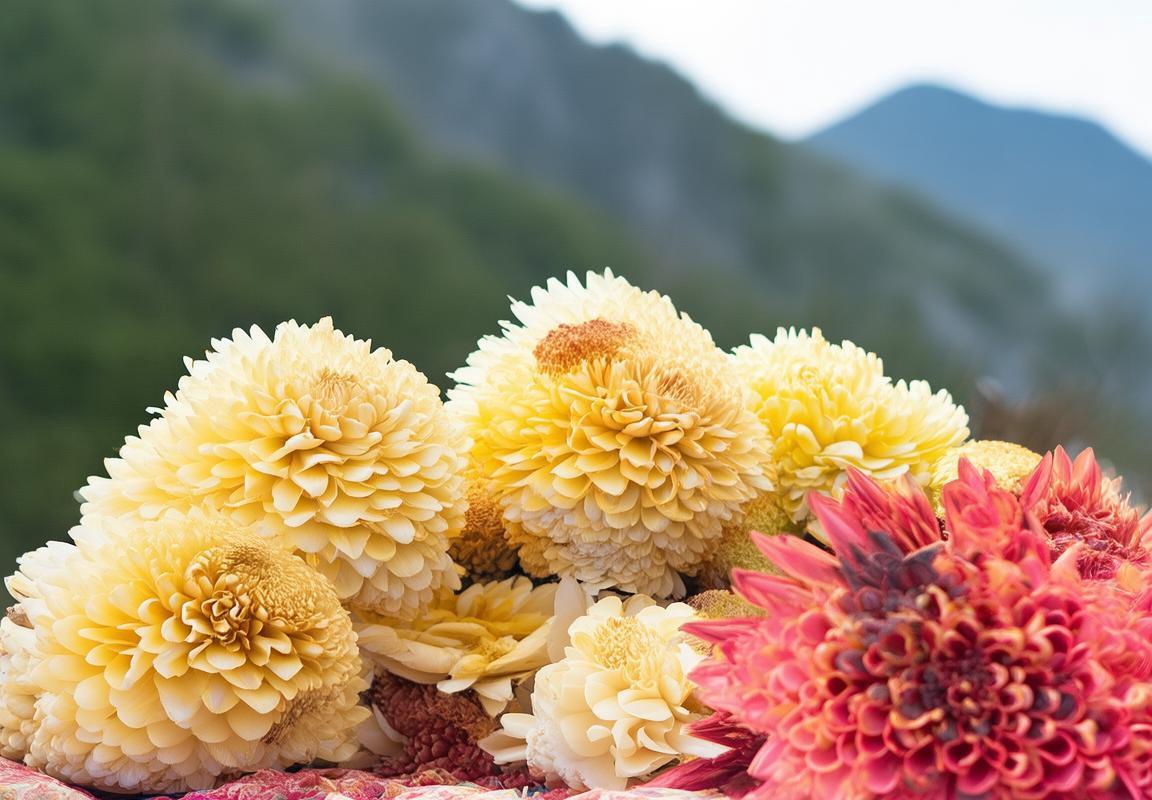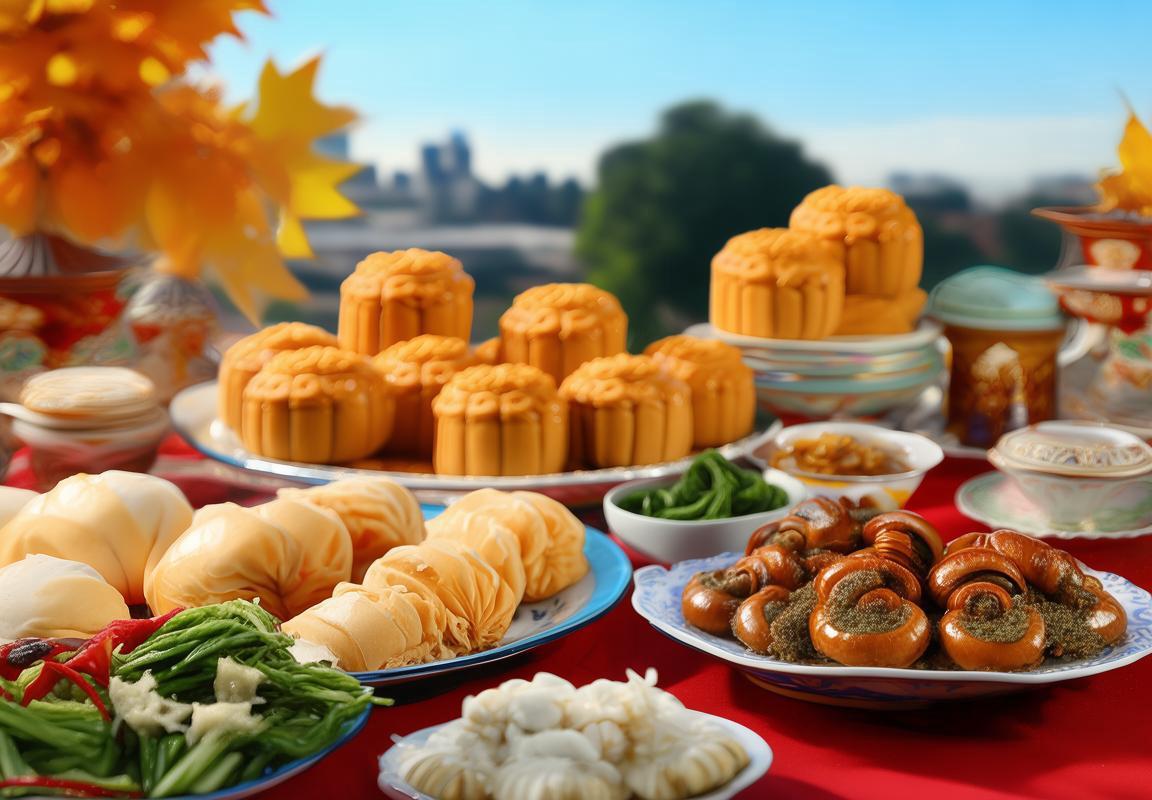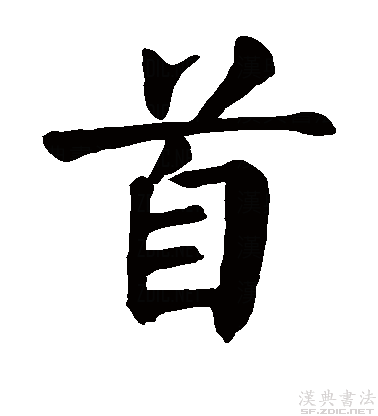歲月如歌的節日里,有些時刻會因為它們的特別意義而深植於我們的心中。其中,重陽節不僅是中國傳統的節日,更是一個充滿尊老愛幼精神的日子。這裡,我們將一起探索重陽節的美食文化,品嚐那些在節日裡傳承著歷史與情感的佳肴。從香濃的糕點到鮮美的小吃,每一道料理都承载著對家園的記憶與對傳統的敬重。讓我們一同踏上一場味蕾的探險之旅,感受重陽節美食的魅力。
重陽節的英文名稱
這個金秋十月,我們即將迎來一年一度的重陽節。這個節日不僅是中華傳統文化的寶貴遺產,更是家人團聚、歡慶的時刻。那麼,關於重陽節的英文名稱——“Double Ninth Festival”,我們又知道多少呢?
這個名字的背後蕴含著豐富的文化內涵。在中國古代,數字九被視為陽數之極,代表著陽氣的鼎盛。因此,九月九日,這一“陽氣最盛”的日子,便被定為重陽節。在英文名稱中,“Double”一詞意味著“兩倍的”、“重複的”,這恰恰體現了陽數九的特點。
“Festival”則是一個非常常見的英文單詞,指的是節日、慶典。將這兩個單詞組合起來,我們就得到了“Double Ninth Festival”,這就是重陽節的英文名稱。
重陽節當天,民間有許多傳統活動。比如,登高望遠是重陽節的重要內容之一。人們會結伴去登山,借著山的高處,遠眺遼闊的天際,尋求一種心靈的慰藉。在英文中,我們可以用“Climbing mountains”來描述這一活動。
還有一個獨特的重陽節習俗——“插茱萸”。茱萸是一種具有香氣的植物,傳說中具有驅邪避邪的功效。人們會在節日當天佩戴茱萸,祈求健康和平安。英文中,“Wearing chrysanthemum branches”可以表達這一習俗。
而重陽節當然也少不了美食。在這一天,家鄉特有的食品——“九烤”,就是餐桌上不可或缺的美味。這種烤飯在製作過程中會加入各種香料,香氣四溢。我們可以用“Eating chrysanthemum rice”來描述這一美食。
除了上述活動,重陽節還是一個傳統的祭祖節日。在這一天,人們會回到故鄉,向先人致敬,感謝他們的保護和祝福。這一活動可以用英文表達為“Offering sacrifices to ancestors”。
值得一提的是,重陽節在英文名稱中並不常見,因此在國際交流中,我們可能需要對這個節日做一點簡單的介紹。以下是一個簡單的介紹範例:
“The Double Ninth Festival, also known as the Chongyang Festival, is a traditional Chinese holiday celebrated on the 9th day of the 9th lunar month. It is characterized by activities such as climbing mountains, wearing chrysanthemum branches, eating chrysanthemum rice, and offering sacrifices to ancestors. This festival is not only a time for family gatherings but also a moment to honor the elderly and cherish life.”
從這段介紹中,我們可以看出重陽節的獨特魅力和豐富文化內涵。在未來的交流中,讓我們一起傳揚這個美麗的節日,將中華文化的精粹傳遞給世界各地的人們。

重陽節的英文介紹
重陽節的英文名稱——Double Ninth Festival
這個秋季的風景最是宜人的時節,我們迎來了中華民族的傳統節日——重陽節。這個節日不僅是歡慶的時刻,同時也是傳統文化中尊老愛幼、祈求健康的象徵。那麼,這個具有深厚意義的節日,在英語中又是如何介紹的呢?
英語中,重陽節被稱為 “Double Ninth Festival”。這個名字的來源,源於中國古代陰陽五行學說。在這個學說中,陰陽相生相克,九為陽數之極,而兩個九合起來,則形成了“重陽”,代表著陽氣的旺盛和生命力的高漲。因此,“Double Ninth”這個詞組,便巧妙地捕捉了節日的核心精神。
重陽節在陰曆九月九日,被視為是一個吉祥的日子。這一天,人們會登高遠足,享受秋天的美景。這種活動並非只是為了尋找美景,更深層次地,它象徵著人們對生命的敬畏和對健康长寿的祈願。
英語中,我們可以這樣介紹重陽節的登高活動:
“On the Double Ninth Festival, people traditionally climb mountains to pay homage to nature and to seek longevity. This activity is not just about enjoying the picturesque autumn scenery, but also a symbolic gesture of respect for life and a wish for good health.”
除了登高,重陽節還有著其他豐富的節慶活動。比如,吃重陽糕和飲菊花酒。重陽糕是這個節日的特色食品,它通常由糯米製成,並且有著獨特的甜味。菊花酒則是用菊花與黃酒浸泡而成的飲料,據說有清熱解毒的功效。
介紹這些節慶活動時,我們可以這樣說:
“The Double Ninth Festival also involves culinary traditions such as eating Chongyang cake, which is made from glutinous rice and is sweet in taste. Another highlight is the Chongyang wine, a beverage made by soaking chrysanthemum flowers in yellow wine, believed to have cooling and detoxifying properties.”
重陽節還是一個傳統的尊老愛幼的日子。家長們會帶著孩子們參加這個節日,教育他們要尊敬長輩,關懷幼小。這種文化內涵在英語中可以這樣表達:
“This festival is also a time to honor the elderly and care for the young. Families gather to teach their children the importance of respecting elders and showing affection to the younger generation.”
重陽節的節日氣氛充滿了溫馨和歡樂。人們會穿著節日裝扮,參加各種民俗活動,如放風箏、賞菊、猜燈謎等。這些活動不僅增強了節日的歡樂氣氛,也讓這個節日充滿了深厚的文化底蘊。
介紹這些民俗活動時,我們可以這樣描述:
“The festival is filled with warmth and joy, as people dress up in festive attire and participate in various folk activities like flying kites, admiring chrysanthemums, and guessing lantern riddles. These activities enhance the festive atmosphere and imbue the festival with rich cultural heritage.”
後,重陽節也是一個重要的時刻,讓人們反思生命的價值和人生的意义。在英語中,我們可以這樣表述這層意義:
“The Double Ninth Festival is also a moment for reflection on the value of life and the meaning of existence, encouraging people to appreciate the fleeting beauty of nature and the preciousness of time.”
通過以上的介紹,我們可以看見,重陽節並不僅是一個簡單的節日,它背後蘊含著深厚的文化內涵和人生哲學。這個節日,讓我們在歡樂的氛圍中,不僅享受生活的美好,也思考生命的真諦。

登高的英文表達
重陽節的英文表達:探索登高的多種英語方式
這個傳統的重陽節裡,登高成為了一項重要的活動。不僅是為了欣賞秋天的美景,更是傳承著對健康與長壽的祈願。以下是一些用英語表達登高的不同方式,讓我們一起探索這個文化活動的多樣性。
Climbing mountains,這是最直接也最常見的英文表達,意味著攀登山脈或山丘。這個詞組適用於各種登山活動,從輕鬆的遠足到嚴峻的高山攀登。
Go hiking,這裡的 “hiking” 侧重於徒步旅行的意味,適用於各種長短不一的登山活動。它強調的是享受大自然的過程,而不是單純的攀登。
Take a hike,這是一個非正式的表達,常見於日常對話中。它意味著去散步或徒步旅行,不特別強調目的地的特定性。
Visit famous peaks,當我們提到特定的名山,如珠穆朗瑪峰、黃山等,可以使用這個表達。它特別強調的是尋訪那些聞名遐迩的高峰。
Enjoy the panoramic view,這個表達著重的是欣賞全景的美景。當我們登上高處,享受著廣闊的視野時,可以使用這個短語來形容這種體驗。
Embrace the fresh air,在登山過程中,呼吸著清新的空氣,這個表達傳達了尋求清新自然之美的念頭。
Challenge oneself,登山往往是一種自我挑戰。這個表達強調的是在攀登過程中,個人勇氣和決心的表現。
Escape the city,在繁忙的都市生活中,登山成為了一種逃避現實的方式。這個短語意味著尋找一個與城市喧囂截然不同的避風港。
Join a hiking group,與他人一起參與登山活動,這個表達適用於團體活動。它強調了團隊合作和社交交流的重要性。
Conquer new heights,這個表達具有挑戰性和成就感。它意味著超越自我,達到新的高度,不僅是字面上的山脈,也象徵著人生的新里程碑。
Take in the scenery,在登山途中,我們不僅要攀登,還要欣賞沿途的風光。這個表達強調的是享受每一刻的自然美景。
Celebrate the outdoors,在重陽節登高的背景下,這個表達特別適合。它意味著慶祝戶外生活,享受大自然帶來的快樂。
Walk in nature,這是一個簡單而直接的表達,意味著在自然中行走。它強調了與自然和谐相處的念頭,讓人感到放鬆和平靜。
Soar above the clouds,當我們登上高處,看著雲彩在腳下飄蕩時,這個表達再適合不過了。它象徵著超越自我,達到一個新的境界。
These are just a few of the many ways to express the activity of climbing mountains in English. Whether you’re planning a casual hike or an ambitious climb, these expressions can help you communicate your love for the outdoors and the mountains.

尊老愛幼的英文表達
In the heart of Chinese culture, the principles of respecting the elderly and loving the young are deeply ingrained. These values are not only a reflection of the country’s traditional moral code but also a cornerstone of familial and societal harmony. Here are some ways to express these concepts in English:
- Honor the Elders
- Pay homage to the elderly
- Show reverence for older individuals
- Esteem the wisdom of the aged
- Respect the experience of the older generation
- Cherish the Young
- Treasure the innocence of children
- Cuddle and nurture the young
- Encourage the growth of the youth
- Foster the development of the younger generation
- Filial Piety
- Practice filial piety
- Be a model of filial piety
- Demonstrate loyalty to one’s parents
- Show gratitude to one’s parents and ancestors
- Care for the Elderly
- Take care of the aged
- Provide for the needs of the elderly
- Look after the well-being of the senior citizens
- Attend to the health and comfort of the older members of the family
- Protect the Young
- Safeguard the interests of children
- Shield the young from harm
- Ensure the safety of the offspring
- Protect the rights of the young
- Teach and Guide
- Educate the youth
- Mentor the young
- Lead by example
- Serve as a role model for the younger generation
- Foster a Respectful Environment
- Cultivate a culture of respect
- Promote a society that values the elderly and the young
- Encourage polite behavior towards the aged and the young
- Create an atmosphere where respect is paramount
- Celebrate Generations
- Acknowledge the importance of each generation
- Commemorate the contributions of the elderly
- Applaud the achievements of the young
- Celebrate the diversity and unity of different age groups
- Embrace Cultural Heritage
- Honor the traditions passed down through generations
- Preserve the customs of the elderly
- Support the education of the young
- Uphold the cultural legacy of the family
- Encourage Intergenerational Interaction
- Facilitate communication between different ages
- Promote understanding and empathy across generations
- Create opportunities for the elderly to share their wisdom with the young
- Build bridges of respect and friendship between the aged and the youth
These expressions capture the essence of the Chinese values of respecting the elderly and loving the young, and they can be used in various contexts, from daily conversations to formal speeches, to ensure that these important principles are honored and cherished.

重陽節的美食

結束語
這個快節奏的現代社會中,我們總是忙於追求成就與成功,但往往忽略了生活中的小確幸。結束語,這個看似簡單的詞,卻蕴含著對過去一天、一個階段或一段關係的總結與感謝。它不僅是一句話的收尾,更是一種心境的轉換,一種對未來的期許。
結束語,可以是一句簡短的感謝,也可以是一段深情的話語。它可能只是日常交流中的一個禮貌,也可能是一份對他人付出與關懷的認可。以下是一些結束語的例子,讓我們一起感受這份溫暖與情感。
「謝謝你的幫助,期待下次的合作。」這句結束語表達了對對方的感激之情,並對未來的合作表示期待。
「感謝你這段時間的陪伴,讓我學到了很多。」這句結束語則表達了對他人陪伴的感謝,並強調了在這段時間裡的成長與收穫。
「再見,希望你一切都好。」這句結束語簡潔而溫暖,傳遞了對對方的關心與祝福。
「謝謝你的支持,讓我更有動力前進。」這句結束語表達了對他人支持的感謝,並將這份支持轉化為自己前進的動力。
「感謝你給我的建議,讓我有了新的思考。」這句結束語表達了對他人建議的感激,並強調了建議對自己思考的影響。
「再見,讓我們保持聯繫。」這句結束語不僅表達了告別的禮貌,還暗示了對未來相見的期待。
「謝謝你的理解,讓我們共同努力。」這句結束語表達了對對方理解的感謝,並呼籲共同為目標努力。
「再見,希望你每天都充滿歡樂。」這句結束語充滿了對對方的祝福,傳遞了對其幸福生活的關心。
「感謝你這段時間的陪伴,讓我們珍惜每一刻。」這句結束語表達了對他人陪伴的珍視,並呼籲珍惜當下的每一刻。
「謝謝你的鼓勵,讓我更有信心。」這句結束語表達了對他人鼓勵的感謝,並將這份鼓勵轉化為自己的信心。
「再見,希望你的人生道路越走越寬廣。」這句結束語不僅表達了告別的禮貌,還對對方的未來充滿了美好的期待。
結束語,不僅是一句話的結束,更是一種情感與態度的表達。它讓我們在告別的時刻,感受到溫暖與關懷,也讓我們在未來的相見中,懷念那份美好與溫情。讓我們在生活的每個角落,都用這些溫暖的結束語,點綴我們的人生旅程。
 首都党建
首都党建